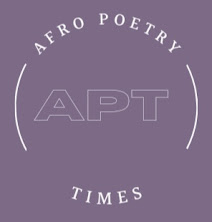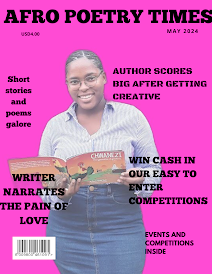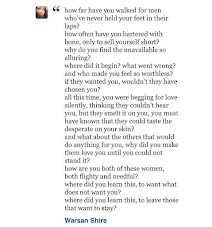She had a distant demeanor, as if her true life existed in dreams, memories, and her solitary moments.
As a teacher, she sometimes advised her students to embrace silence, to not write at all if they were producing the wrong kind of poems or writing excessively. She believed that silence could be beneficial.
In her own poetry, Glück expertly worked with silence. She would break it, create more space for it, and leave gaps within her lines. She aimed to convey as much implication as possible through her carefully chosen words.
During an interview in 2017 at the New York Public Library, Glück revealed that she had experienced a two to two-and-a-half-year period of silence before writing her Pulitzer Prize-winning collection, "The Wild Iris" in 1993. She clarified that it wasn't a matter of writing poorly; she simply wasn't writing at all. She wasn't even reading much during this time, preferring to immerse herself in gardening books.
Throughout this silent period, Glück had only two lines lingering in her mind. They had appeared seemingly out of nowhere, but she had no idea where they would lead or what they truly meant:
"At the end of my suffering
there was a door."
Glück couldn't envision the speaker of these lines, but she cherished them nonetheless, whispering them to herself. She made a few failed attempts to incorporate them into a poem and even considered whether they could suffice as the foundation for an extremely short piece.
Louise Glück's ability to work with silence and her willingness to embrace it during her own creative process showcase her mastery as a poet. Her dedication to finding the right words and the perfect amount of silence within her lines has solidified her place as one of the most influential voices in contemporary poetry.
In her own poetry, Glück expertly worked with silence. She would break it, create more space for it, and leave gaps within her lines. She aimed to convey as much implication as possible through her carefully chosen words.
During an interview in 2017 at the New York Public Library, Glück revealed that she had experienced a two to two-and-a-half-year period of silence before writing her Pulitzer Prize-winning collection, "The Wild Iris" in 1993. She clarified that it wasn't a matter of writing poorly; she simply wasn't writing at all. She wasn't even reading much during this time, preferring to immerse herself in gardening books.
Throughout this silent period, Glück had only two lines lingering in her mind. They had appeared seemingly out of nowhere, but she had no idea where they would lead or what they truly meant:
"At the end of my suffering
there was a door."
Glück couldn't envision the speaker of these lines, but she cherished them nonetheless, whispering them to herself. She made a few failed attempts to incorporate them into a poem and even considered whether they could suffice as the foundation for an extremely short piece.
Louise Glück's ability to work with silence and her willingness to embrace it during her own creative process showcase her mastery as a poet. Her dedication to finding the right words and the perfect amount of silence within her lines has solidified her place as one of the most influential voices in contemporary poetry.













